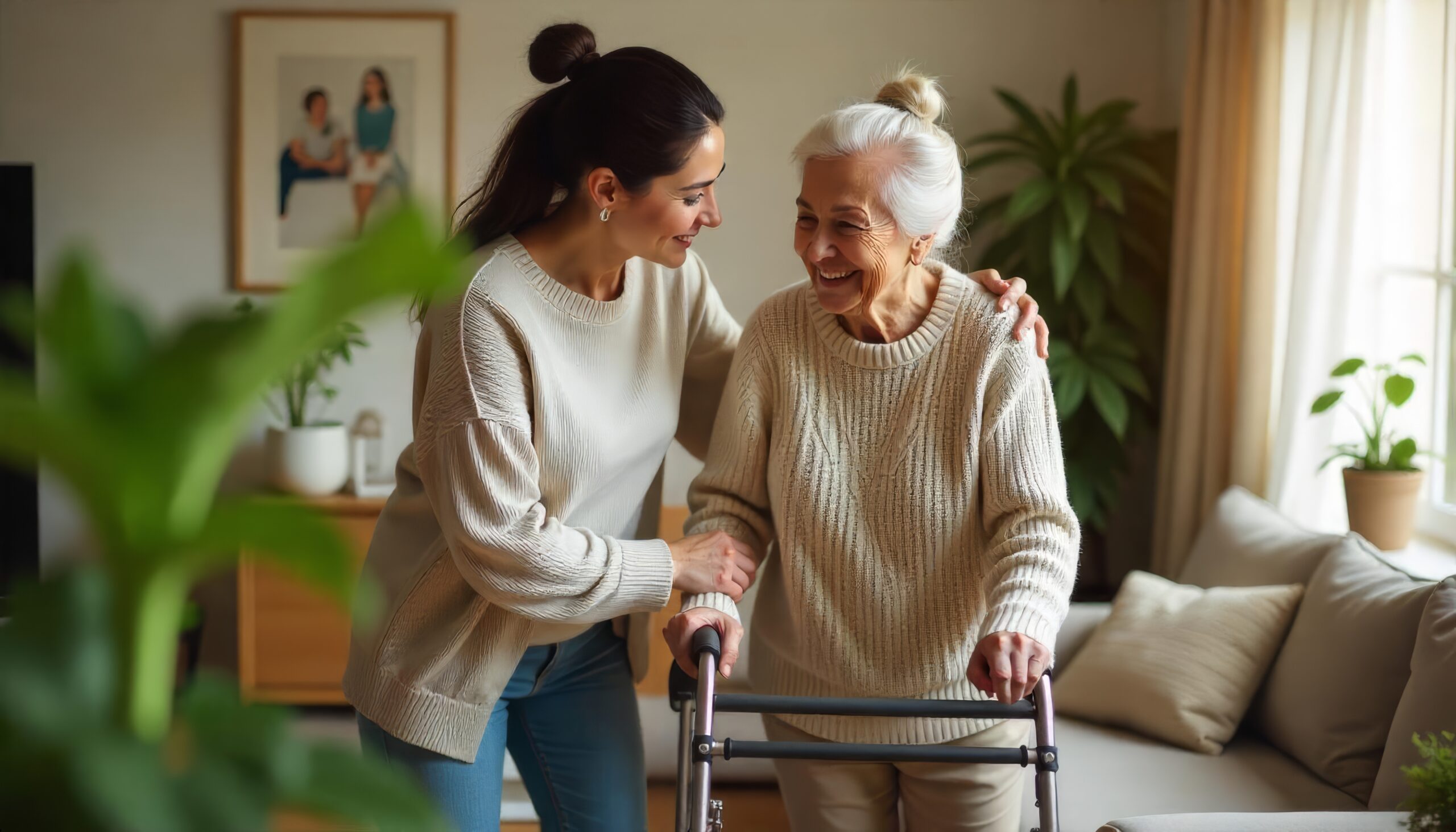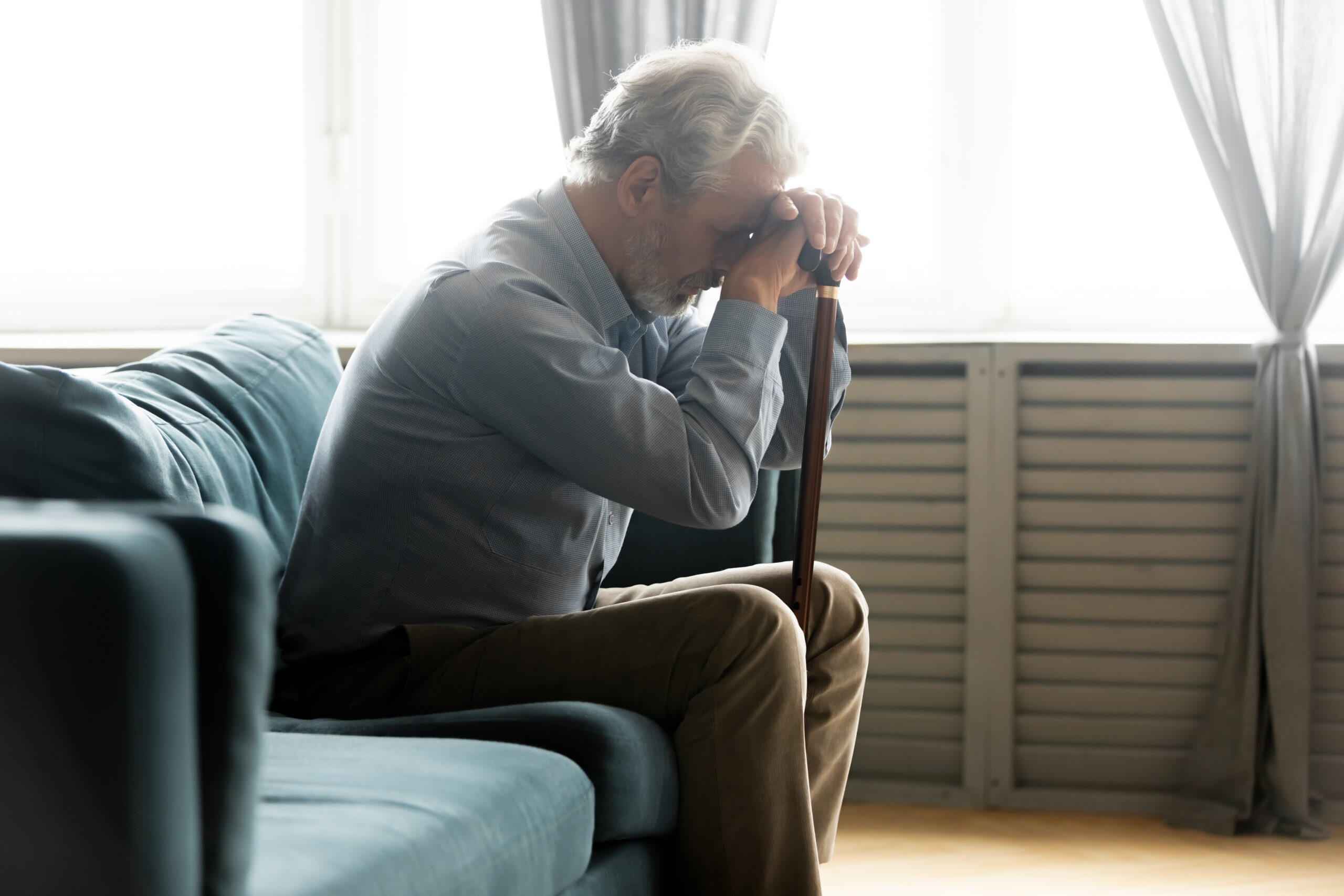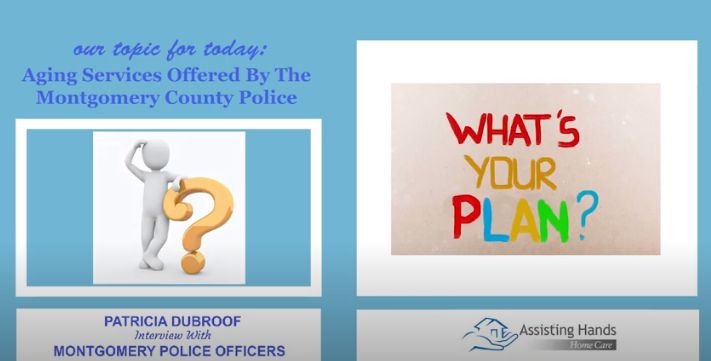
According to the NIH National Institute on Aging, the risk of heat-related health problems increases with age.
With summer here and the temperatures rising, it is important to understand the health risks that excessive heat can bring and know the signs of heat-related illnesses. Older adults and people with chronic medical conditions are particularly susceptible to hyperthermia and other heat-related illnesses. The National Institute on Aging (NIA), part of the National Institutes of Health, offers advice to help combat the dangers of hot weather.
Heat stress, heat fatigue, heat syncope (sudden dizziness after exercising in the heat), heat cramps and heat exhaustion are all forms of hyperthermia. Hyperthermia is caused by a failure of the body’s heat-regulating mechanisms. The risk of hyperthermia can increase with the combination of higher temperatures, underlying general health, and individual lifestyle.
Lifestyle factors that can increase risk include not drinking enough fluids, living in housing without air conditioning, lack of mobility and access to transportation, overdressing, visiting overcrowded places and not understanding how to respond to hot weather conditions.
On hot and humid days, especially when an air pollution alert is in effect, older adults, particularly those with chronic medical conditions, should stay indoors in cooler places. If possible, people without air conditioners or fans should go to places that do have air conditioning, such as senior centers, shopping malls, movie theaters and libraries. Cooling centers, which may be set up by local public health agencies, religious groups and social service organizations in many communities, are another option.








